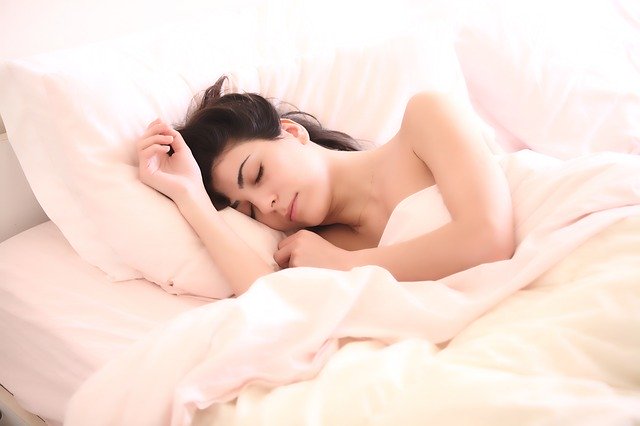The latest Google Trends show searches around sleep, dreams and insomnia are higher than any other time in the U.S. as people report having stranger dreams during the pandemic. Additionally, some of the top sleep questions Googled in the last few weeks include ‘How do you fall asleep fast?’, ‘Why can’t I sleep?’ and ‘How much sleep do I need?’.
Often, nighttime dreams are triggered by daytime anxieties and worries. These days, people carry a lot of emotional stress late into the evening, especially since the pandemic has led to an increase in employment uncertainty, financial challenges, social isolation and health and safety concerns which can keep anyone up at night and become a key theme in a person’s dreams.
READ ALSO: Sex dreams — what’s the psychology and why do they happen?
In order to better understand the types of recurring dreams people are having during the pandemic, Scottsdale-based Amerisleep conducted a survey of thousands of people throughout the country. The results were then broken down by region and the top recurring dreams for Arizonans were found to be anxiety-based including:
1. Falling and being chased: Terrors of falling are the most highly experienced recurring dreams in Arizona. Even though these dreams cannot be attributed to one specific feeling, many psychologists say that falling implies that someone is hanging on too tightly to a particular situation in their life or can be sourced from feeling a lack of control.
2. Flying: Flying tends to be connected with a search for stability and feelings of isolation when in a negative context. However, when used in a positive context, flying is associated with feeling free. Due to the circumstances of the pandemic, the recurring dream of flying is most likely associated with a negative context.
3. Being back in school: Arizonans are also having recurring dreams about being back in school. Psychology points to signs of people missing out on regular life routines which triggers feelings of anxiety. People who have dreams like these also recall times when they failed exams or crippled under pressure while giving a presentation.
Amerisleep’s study also revealed that women are more likely to dream about being chased or losing teeth. Teeth falling out are associated with loss and important life changes. Men, conversely, are more likely to have positive dreams, such as flying or getting rich. Furthermore, women are more likely than men to remember their dreams, which makes sense considering that women have better short-term memory for daily events.
Having nightmares are often unpleasant, yet there are ways to remedy these painful images. First, it’s important that you work on reducing your day-to-day stress so you can fall asleep easier and carry fewer concerns into dreamland. Second, stage the perfect scene for sleep. Adjust your bedroom to the right temperature (60-67 degrees), eliminate blue light exposure at least 2 hours before bed, and use the right mattress and bedding.

McKenzie Hyde, Amerisleep’s Editor & Certified Sleep Science Coach. Amerisleep has mattress store locations at SanTan Village in Gilbert, Arrowhead Towne Center in Glendale and Optima Camelview Village in Scottsdale. Amerisleep provides eco-friendly mattresses, adjustable beds, pillows, sheets, and more in order to upgrade your sleep experience.




